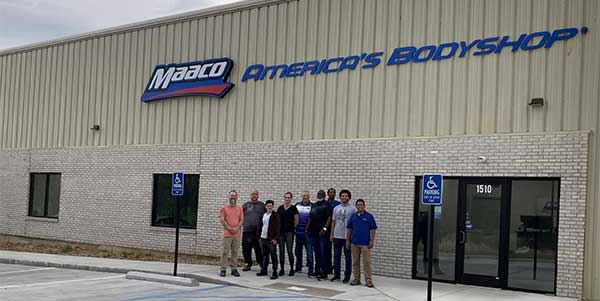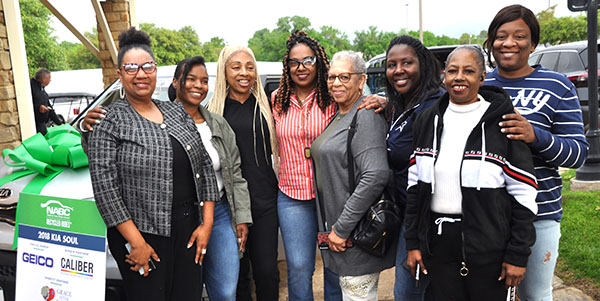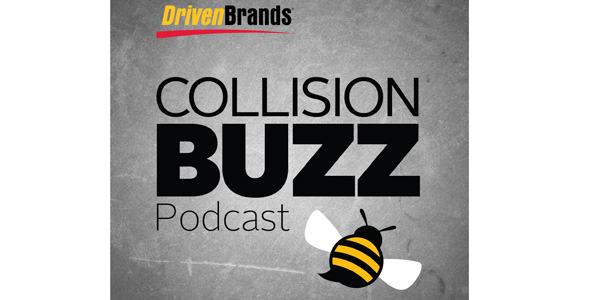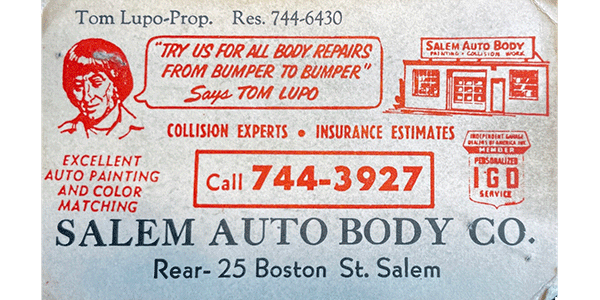
A new study by the Insurance Institute for Highway Safety (IIHS) shows that rising speed limits over the past 25 years have cost nearly 37,000 lives, including more than 1,900 in 2017 alone.
The research, an update of a 2016 analysis, calls attention to the trade-off between a few minutes of saved travel time and the increased risk of fatalities. It comes as IIHS and the Governors Highway Safety Association prepare to host a forum on the speed problem.
The April 15-16 meeting to be held in Charlottesville, Va., and at the IIHS Vehicle Research Center nearby will bring together a diverse group of stakeholders to design a model speed management program. Highway safety advocates, researchers and local, state and federal officials will speak about different approaches to the problem. The meeting will conclude with breakout sessions in which participants will brainstorm the building blocks of a speed management program and how it would be evaluated.
“About 10,000 people a year die in speed-related crashes,” said David Harkey, president of IIHS. “We can reduce this toll through effective, high-visibility enforcement and traffic engineering measures. Reasonable speed limits also have a crucial role to play, as our new study demonstrates.”
Added Darrin Grondel, chair of GHSA’s Executive Board and director of the Washington Traffic Safety Commission, “Speeding has become almost a forgotten issue in traffic safety discussions, and clearly we’re losing any sense of limits. This gathering is an exceptional opportunity to craft the building blocks of a comprehensive speed management program that we can translate into action to really make a difference in our work of saving lives.”
Maximum speed limits are set by the states, and they have been rising since the mid-1990s. Proponents of raising the speed limit often argue that such increases simply bring the law in line with reality, since most drivers exceed the limit. Once the limit is raised, however, drivers go even faster. Today, 41 states have maximum speed limits of 70 mph or higher. Six states have 80 mph limits, and drivers in Texas can legally drive 85 mph on some roads.
For the new study, Charles Farmer, IIHS vice president for research and statistical services, analyzed the effect of changes in the maximum posted speed limit in every state from 1993 to 2017. Looking at annual traffic fatalities per mile traveled for each state and taking into account other factors that affect fatality rates – including changes in unemployment, the number of potential young drivers (ages 16-24) and the seat belt use rate – he calculated the effect of speed limit increases.
Farmer found that a 5 mph increase in the maximum speed limit was associated with an 8 percent increase in the fatality rate on interstates and freeways – the roads most directly affected by changes to the maximum speed limit – and a 3 percent increase on other roads. In total, over the 25-year study period, there were 36,760 more deaths – 13,638 on interstates and freeways – and 23,122 on other roads – than would have been expected if maximum speed limits hadn’t changed over that time.
Of the 37,133 people who died on U.S. roads in 2017, Farmer estimates that 1,934, or 5 percent, would still be alive if speed limits hadn’t changed since 1993.
“Driving 70 instead of 65 saves a driver at best 6-1/2 minutes on a 100-mile trip,” said Farmer. “Before raising speed limits, state lawmakers should consider whether that potential time savings is worth the additional risk to lives.”













